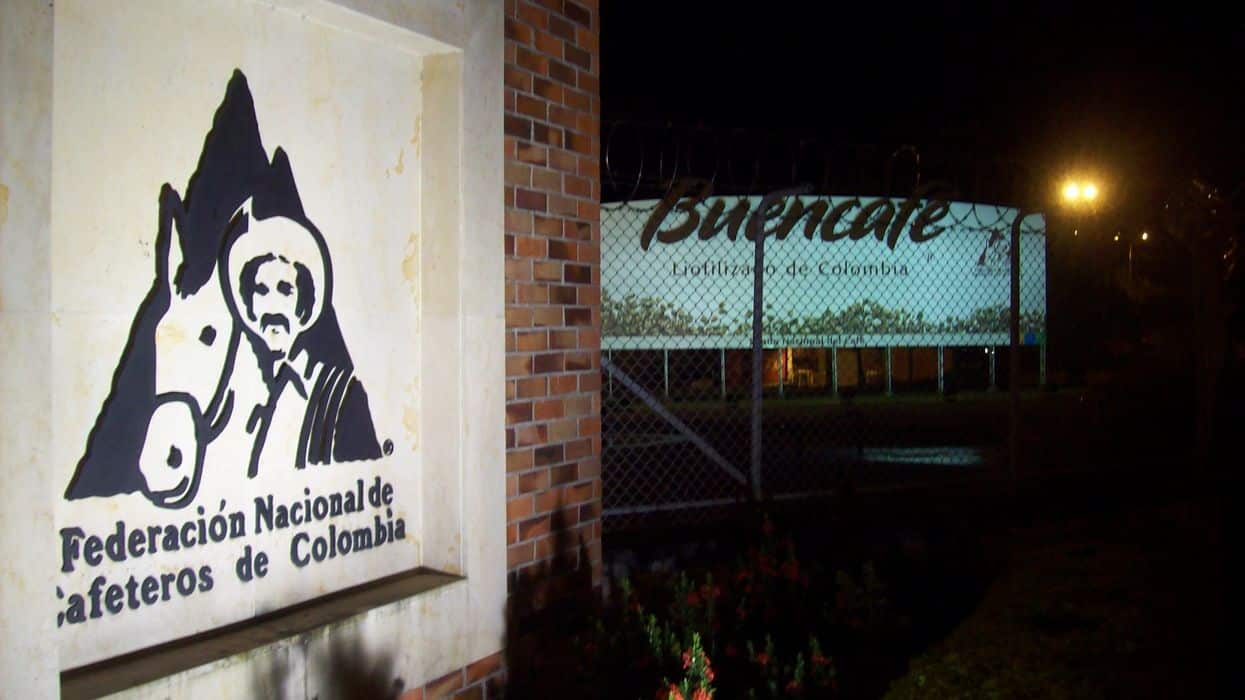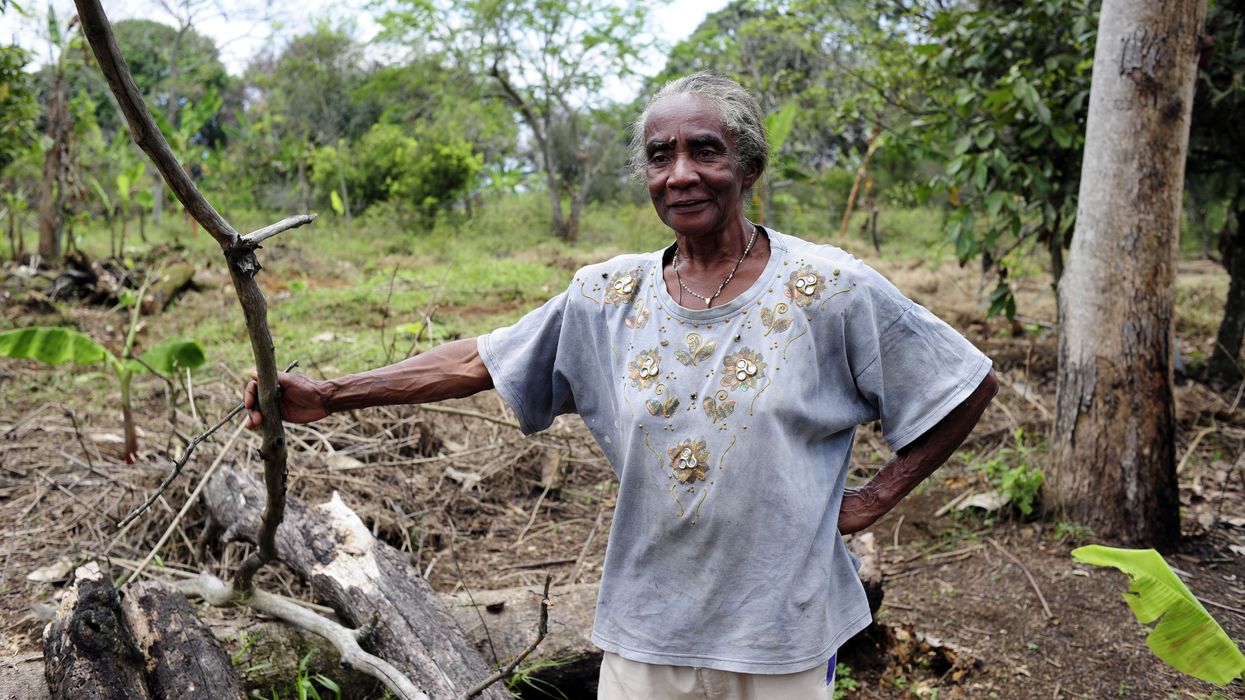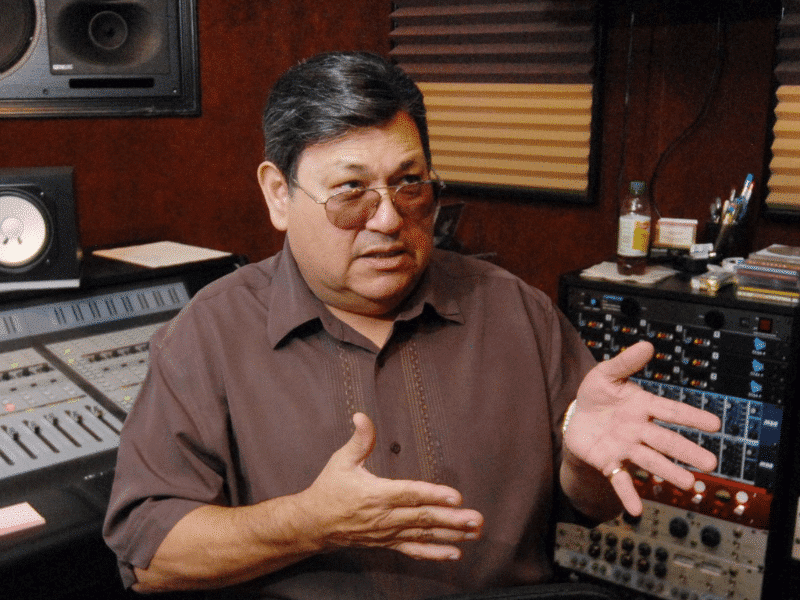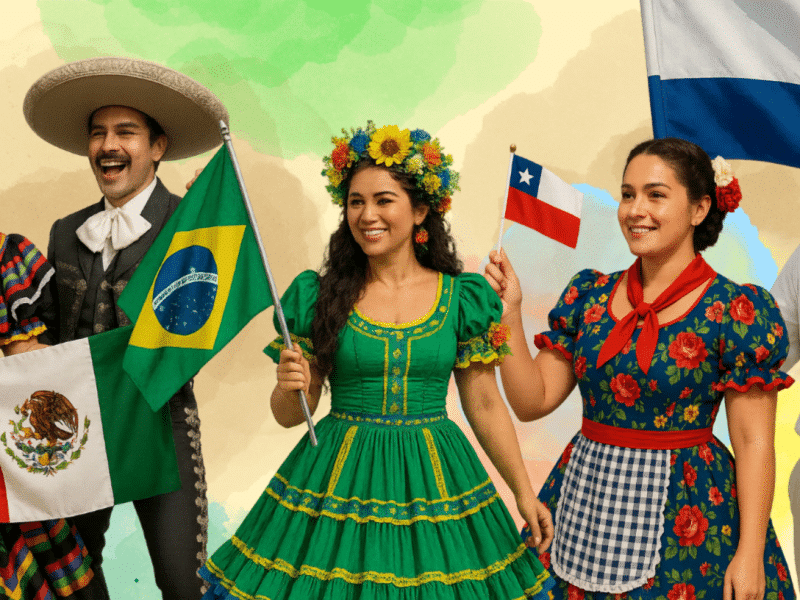Juan Valdez’s Story and the Worldwide Success of Colombian Coffee
Ever wondered how Colombian coffee became a global sensation?

When Colombian coffee is mentioned, it’s almost reflexive to associate the bean with top-notch quality and flavor. Ever wonder how Colombian beans rose to such global fame? It’s a saga of cultural identity, meticulous craftsmanship, global marketing, and, inevitably, controversy. And no one embodies this narrative better than the iconic figure of Juan Valdez.
Who is Juan Valdez?
Contrary to popular belief, Juan Valdez is a fictional character, conceived by the FNC to humanize and exemplify traditional Colombian coffee cultivation processes. But before Juan Valdez became synonymous with Colombian coffee, this globally loved beverage was struggling to find its unique identity in the crowded world of coffee brands. The National Federation of Coffee Growers of Colombia (FNC), established in 1927, had the challenging task of promoting Colombian coffee as a premium product internationally.
In 1959, the FNC, in collaboration with the Doyle Dane Bernbach ad agency, created the character of Juan Valdez. This humble coffee farmer, accompanied by his trusty mule Conchita, quickly became the symbol of Colombian coffee’s high quality and uniqueness. Dressed in traditional Colombian attire and wearing a sombrero, Valdez was a personification of the countless coffee growers who toil on the country’s mountainous slopes, painstakingly picking every coffee cherry by hand.

The FNC’s strategy was hugely successful. Juan Valdez represented not just a brand, but the labor of more than 500,000 Colombian families involved in coffee farming. The authenticity of the narrative appealed to consumers, and the ‘100% Colombian Coffee’ logo became a sign of quality assurance.
Throughout the 1960s and beyond, the Juan Valdez marketing campaign spread worldwide. It emphasized Colombian coffee’s distinguishing factors: its hand-picked harvesting, the unique climate, and altitude of the Colombian Andes, which resulted in a smoother, richer taste, and the warm, honest labor of its people. This narrative set Colombian coffee apart from its competitors and played a crucial role in its global success.
By the turn of the 21st century, the FNC had not only succeeded in establishing Colombian coffee as a premium brand but had also ventured into cafe businesses. ‘Juan Valdez Cafe’ stores, adorned with the image of the beloved character, became places where people could experience the rich Colombian coffee culture firsthand. They expanded globally, creating a robust presence in America, Asia, and Europe.

However, the journey of Colombian coffee was not devoid of controversy. For all the prosperity the coffee trade brought, it also had its share of negative impacts.
Coffee cultivation can be incredibly hard on the environment. Intensive farming practices lead to deforestation, soil erosion, and water pollution. While Colombian coffee farmers, represented by the FNC, generally adhere to sustainable practices, some criticisms have been made regarding environmental degradation in some regions.
Moreover, the fluctuating prices of coffee on the international market often leave coffee farmers in precarious economic positions. While the FNC is meant to support farmers, the small growers, whose image is so powerfully symbolized by Juan Valdez, can struggle to make a livable income. The reality for these farmers can contrast sharply with the idyllic image portrayed in the Juan Valdez marketing campaign.
Juan Valdez’s character himself hasn’t escaped criticism, either. Some argue that he may inadvertently uphold cultural stereotypes and fails to represent the sector’s labor demographics accurately, where women actually constitute 70% of the workforce.

Lastly, during the late 20th century, the political turmoil in Colombia and the rise of drug trafficking cast a shadow over the coffee industry. The safety of rural communities involved in coffee cultivation became a significant concern.
Despite these challenges, the story of Juan Valdez and Colombian coffee remains an example of successful and enduring marketing efforts that have effectively elevated a national product into a global brand, a reminder of the power of a well-crafted narrative and the importance of maintaining the balance between economic progress and social-environmental responsibility.
The tale of Colombian coffee is far from over, and as consumers, we hold a stake in its ongoing journey, every time we savor a cup of this beloved beverage. So, next time you savor a cup of Colombian coffee, remember the remarkable journey it has undertaken and the legacy it continues to foster.




